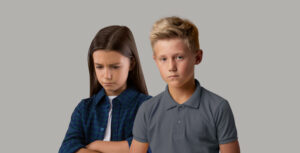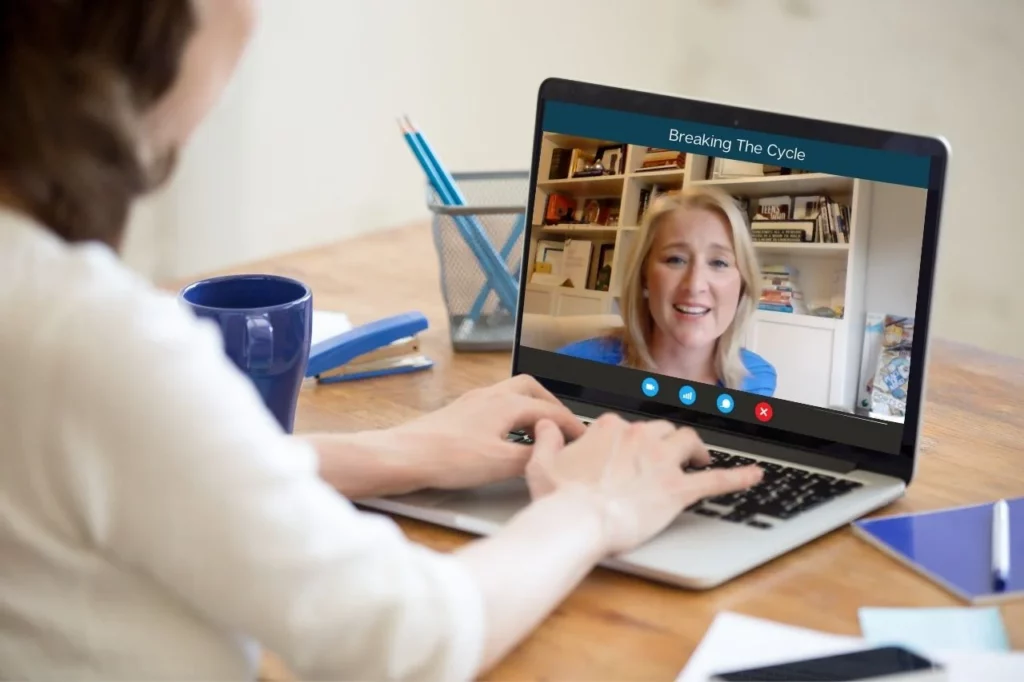In the United States, most of us have heard of cases called parent abuse, internationally known as child to parent violence. We have seen many tragedies fill the news of children beating and even murdering their own parents. The main problem with child to parent abuse is that there is not enough support or help for the victims, as most help resources are geared towards child abuse. Child to parent abuse is a silent problem and many cases of this abuse are never reported. Victims often feel embarrassed or helpless, not knowing where to turn.
One important key to understanding child to parent abuse is to know that it is certainly not a phase. Most parents and individuals often think when their child lashes out that they are just being children and the phase will soon pass over. It’s true that children and teens often act up, it’s the nature of how life works, but when these actions turn into abuse, it is no longer a small problem, but a large one that needs to be addressed. To define child to parent abuse in more detail, it means:
- Any kind of physical abuse that a child places onto a parent. This can be choking, hitting, kicking, restraining, and assault with weapons.
- Emotional or psychological abuse that is placed onto the parent by the child. By abuse we mean, anything that devalues and violates the parents’ rights to how humans should be treated in our society. The direct act of telling the parent they are worthless through words, actions, or gestures.
- Verbal abuse directed toward the parent by yelling, cursing, screaming, and the use of any words that demoralize or shame.
- Financial abuse is when a child demands excessively for any items they want, stealing money, unauthorized use of credit cards, and purposefully breaking items that have to be replaced.
Child to parent counseling requires special understandings and education on this type of abuse, mainly because the topic is silent and not understood by many. The programs we offer at Breaking the Cycle Consulting are based on years of working with parents and children caught up in the cycle of child to parent violence. Our curriculum was developed specifically to address the unique challenges of this issue. If you choose to participate, you will:
- Gain a better understanding of yourself and your child;
- Improve your relationships, not only with your child but with other family members in the home;
- Solve problems that led you to our services;
- Learn new ways to cope with anxiety and stress in your life;
- Better manage anger, depression, grief and other emotions;
- Develop better communication and listening skills;
- Find new ways to solve problem in your child to parent relationship;
- Discard bad habits that no longer serve you or your family and develop new ones that serve you well; and
- Boost and improve your self-esteem and outlook on life.
If you need help dealing with your angry, aggressive child, and ensuring the safety of yourself and others in your home, we are here for you. We encourage you to go through our program to learn more about what you can do to help your child, yourself and the other members of your family. You can also contact us to schedule a private, one-on-one video or phone session with an experienced BTC coach or counselor. Never forget: you, as the parent, have the power to guide your family to a better way of living.









